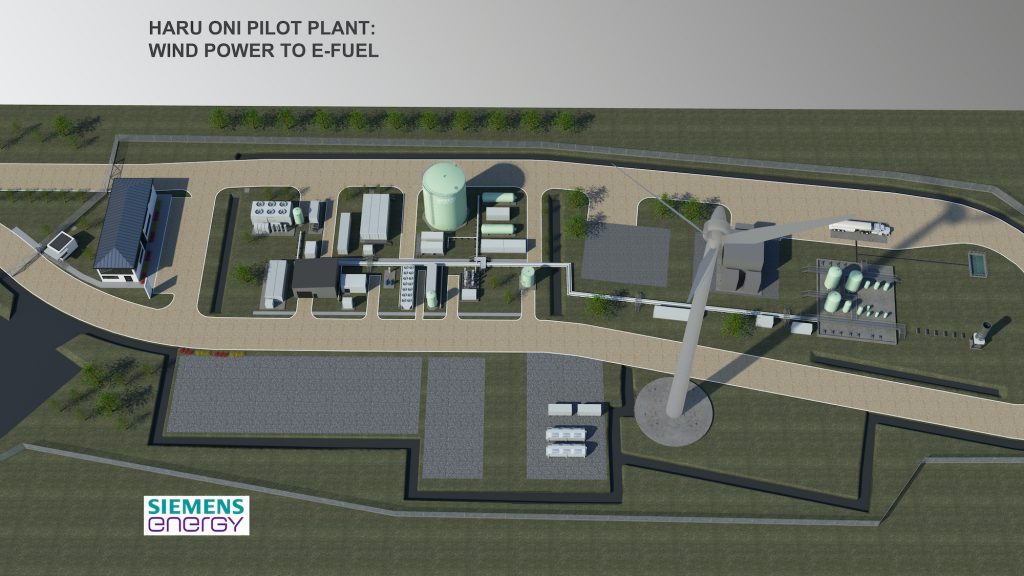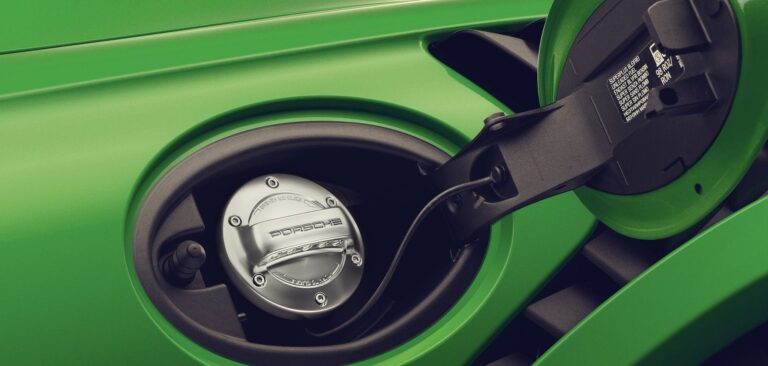Porsche and Siemens Energy are among a group of companies involved in the development of a pilot project in Chile, which they hope will become the first integrated, commercial, industrial-scale plant for making synthetic climate-neutral fuels, often referred to as eFuels. Other partners in the project are energy firm AME, Chilean petroleum producer ENAP and Italian energy company Enel.
In the pilot phase, the plant has a target to produce around 130,000 liters of eFuels by 2022, with an intent for production to be increased to 55,000,000 liters by 2024, and 550,000,000 liters by 2026. Porsche notes that it will be the primary customer for the green fuel.
According to Siemens, the project will take advantage of the excellent wind conditions in southern Chile to produce climate-neutral fuel with the aid of wind power. As part of Germany’s national hydrogen strategy, the project will receive a grant of €8m (US$9.72m) to support the project from the Federal Ministry for Economic Affairs and Energy.
Christian Bruch, CEO, Siemens Energy, commented, “Establishing a sustainable energy economy is going to require some rethinking. Renewable energy will no longer be produced only where it’s needed, but where natural resources like wind and sun are available on a massive scale. So new supply chains are going to arise all over the world to carry renewable energy from one region to another. That’s especially important for Germany, which – bottom-line – has to import energy if it’s going to meet its nationwide demand. Hydrogen will come to play an increasingly important role in storing and transporting energy. Which is why the German government’s support for the project is an important signal.”
The facility will rely on wind generated electricity to create green hydrogen, via electrolyzers. The second stage of the process will see CO2 separated from air then combined with the green hydrogen to form synthetic, renewable methanol. This can then be converted to fuel using MTG (Methanol To Gasoline) technology, which is to be licensed and supported by ExxonMobil.
As the fuel’s primary user, Porsche is planning as a first phase to use the eFuels from Chile in beacon projects such as motorsport, the Porsche Experience Centers and potentially also in serial production sports cars.
Porsche CEO Oliver Blume said, “Electromobility is a top priority at Porsche. eFuels for cars are a worthwhile complement to that – if they’re produced in parts of the world where a surplus of sustainable energy is available. They are an additional element on the road to decarbonization. Their advantages lie in their ease of application: eFuels can be used in combustion engines and plug-in hybrids, and can make use of the existing network of filling stations.”



